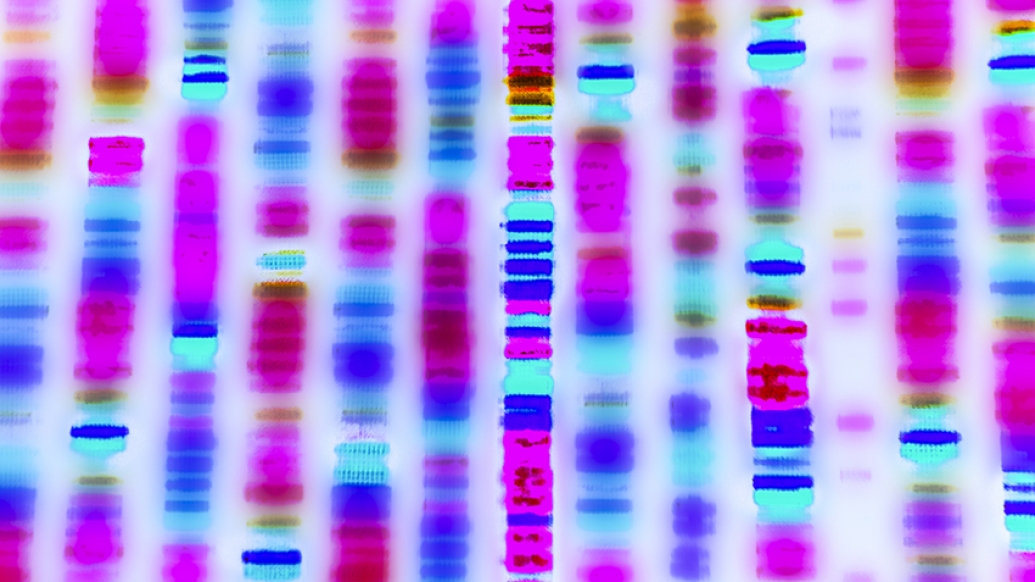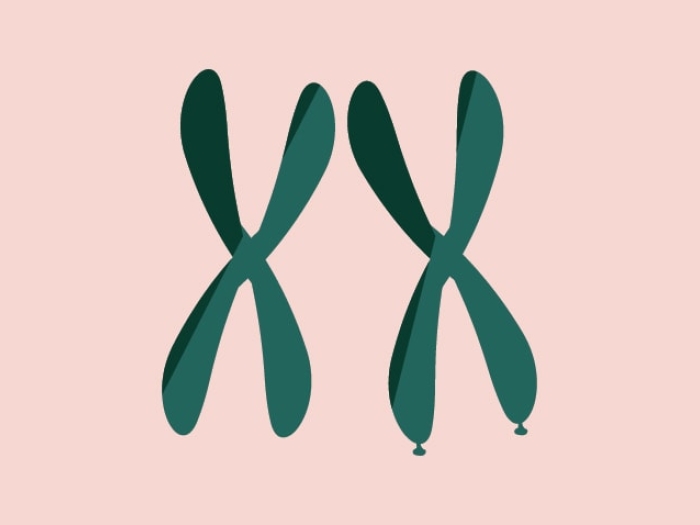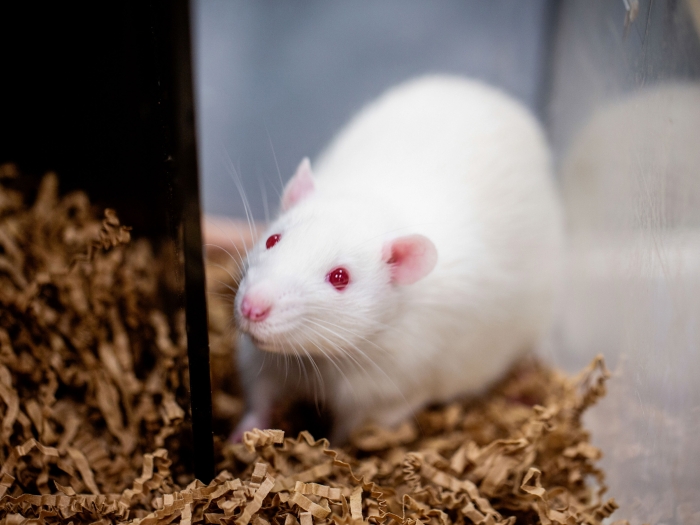Researchers identify genetic variants that lead to a severe developmental syndrome. The findings could mean better screening and diagnosis for patients with inherited syndromes.
7:00 AM
Author |

New discoveries from an international team of scientists help explain how protein synthesis gone wrong in developing brains can result in birth defects — including microcephaly, developmental delay and, oddly enough, brittle hair and nails.
In a recent paper in The American Journal of Human Genetics, researchers report key findings about the role of cysteinyl-tRNA synthetase (CARS), an essential enzyme involved in translating the human genetic code into the proteins of life.
LISTEN UP: Add the new Michigan Medicine News Break to your Alexa-enabled device, or subscribe to our daily audio updates on iTunes, Google Play and Stitcher.
CARS is a member of the aminoacyl-tRNA synthetase (ARS) enzyme family. ARSs are enzymes that bond or "charge" amino acids to tRNA, the first step in protein translation. CARS charges the essential amino acid cysteine to tRNA in all human cells.
Severe birth defects
ARS mutations are known to impair this amino acid charging, which in turn affects protein synthesis and leads to severe birth defects and inherited developmental diseases.
Identifying these mutations and understanding their impact on gene function is the focus of Anthony Antonellis, Ph.D., a professor of human genetics and of neurology at the University of Michigan Medical School and a senior author of the study.
Molly Kuo, a fourth-year M.D.-Ph.D. student working in the Antonellis Lab, says the collaborative study is the first to implicate variants in CARS in human disease.
It all started, Kuo says, with a call from the National Institutes of Health Undiagnosed Diseases Network.
Researchers there were studying a 34-year-old man with microcephaly and other birth defects, developmental disabilities and an unusual condition: brittle hair and nails. The NIH had sequenced his exome — the part of the human genome that codes information for protein synthesis — and found a mutation in CARS. Would the Antonellis Lab be interested in helping?
MORE FROM MICHIGAN: Sign up for our weekly newsletter
"This was really exciting for us," says Kuo, a lead study author. "CARS had never before been associated with human disease. We were really interested to explore this further."
The hunt was soon on for more patients with CARS variants. An internet search for other research groups interested in ARS mutations led to collaboration with colleagues at the Amsterdam Medical School, University of Amsterdam and Erasmus Medical Center, University Medical Center of Rotterdam. The Netherlands team presented three individuals from two families, also with microcephaly and other birth defects, developmental disabilities, and the odd brittle hair and nails symptoms.
SEE ALSO: Study Sheds More Light on Genes' 'On/Off' Switches
Exome sequencing of all four individuals and their unaffected parents showed they all carried mutated CARS, a finding consistent with their similar clinical disease presentations. Further functional studies showed that the CARS variants impaired tRNA charging.
Essential job
The enzyme had lost its ability to do its essential job. The CARS variants ultimately led to microcephaly, developmental delays and brittle hair and nails in the four individuals.
The hair and nails symptom was particularly interesting, Kuo says, because this condition had never been seen in other people with ARS-related disease. Hair and nails contain keratins that are high in cysteine content. It's possible the brittle condition resulted from inadequate cysteine incorporation during protein translation due to impaired CARS function.
Taken together, the clinical, genetic and functional data build a strong argument linking CARS variants to human disease, the researchers concluded.
Better screening
Kuo says the findings on these four individuals could lead to better screening and diagnosis for others with inherited syndromes.
And this deeper understanding of the underlying genetic mechanisms in CARS-related disease could also lead to new therapies.
"With the loss of function, it's a reasonable idea that improving function might improve the disease state," Kuo says. "This gives us new areas to explore, possibly introducing a wild-type copy of the allele to improve enzyme function."
"This study really underscores the importance of collaborative efforts in science, especially in the field of human genetics," Antonellis says. "Here we had three diverse groups come together to work toward the common goal of figuring out the reason for the disease in these families, and Molly did an incredible job leading the effort."

Explore a variety of healthcare news & stories by visiting the Health Lab home page for more articles.

Department of Communication at Michigan Medicine
Want top health & research news weekly? Sign up for Health Lab’s newsletters today!





